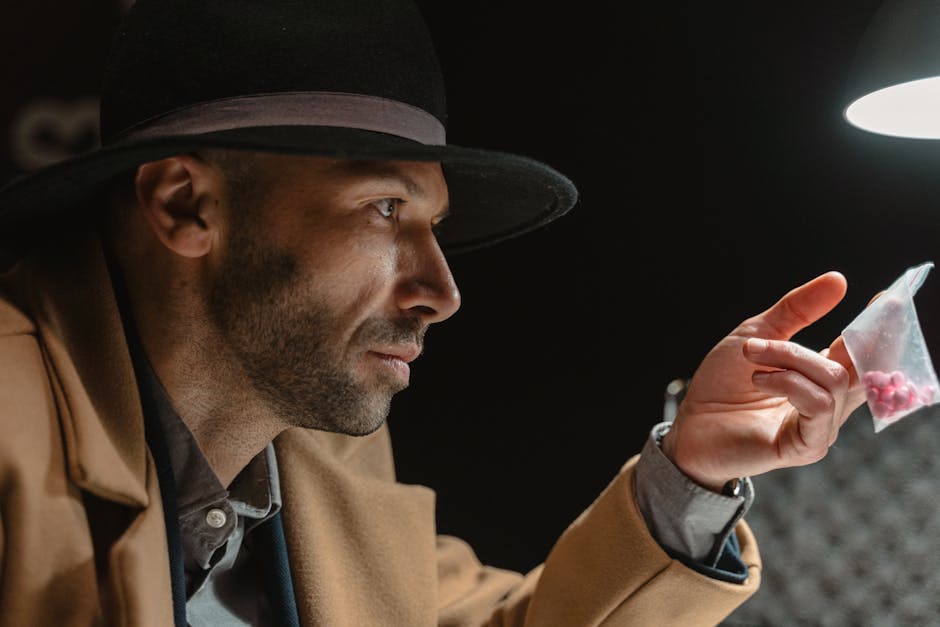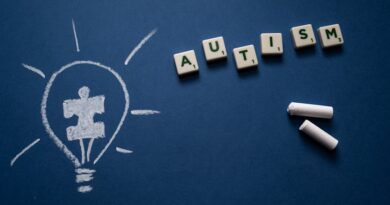Signs of Drug Addiction to Watch For
Drug addiction is a complex and often misunderstood condition that affects millions of people worldwide. Identifying the signs of drug addiction early on can make a significant difference in getting the necessary help and support to overcome this challenging issue. In this comprehensive guide, we will explore the various signs of drug addiction to watch for, shedding light on this critical topic and offering valuable insights for those seeking a deeper understanding of the subject.
The Stigma Surrounding Drug Addiction

Before delving into the signs of drug addiction, it’s crucial to address the stigma that often surrounds this issue. Society’s perception of drug addiction can be highly negative, leading many individuals to suffer in silence rather than seeking help. The stigma associated with drug addiction can prevent individuals from recognizing their own struggles or reaching out for support from others.
It’s essential to approach the topic of drug addiction with compassion and empathy, understanding that addiction is a complex disease that requires medical intervention and emotional support. By breaking down the stigma surrounding drug addiction, we can create a more supportive environment for those in need.
Physical Signs of Drug Addiction

One of the most noticeable signs of drug addiction is the physical impact it can have on an individual’s body. Different types of drugs can manifest in various physical symptoms, including:
- Changes in appetite and weight loss
- Dilated or constricted pupils
- Slurred speech
- Tremors or shaking hands
- Track marks or injection sites
These physical signs can be indicative of substance abuse and can serve as a red flag for loved ones to intervene and offer support.
Behavioral Changes Associated with Drug Addiction

Aside from physical symptoms, drug addiction can also lead to significant behavioral changes in an individual. These behavioral changes can include:
- Isolation from friends and family
- Lack of interest in previously enjoyed activities
- Mood swings and irritability
- Secretive behavior or lying about whereabouts
- Financial difficulties or borrowing money frequently
Recognizing these behavioral changes in a loved one can be instrumental in addressing potential drug addiction and providing the necessary support to initiate the recovery process.
Psychological Signs of Drug Addiction

Drug addiction can also have a profound impact on an individual’s mental health and emotional well-being. Psychological signs of drug addiction may include:
- Depression or anxiety
- Paranoia or hallucinations
- Memory loss or cognitive difficulties
- Impulsivity or risky behavior
- Changes in personality or interests
These psychological signs can be indicative of a deeper struggle with drug addiction and may require professional intervention to address effectively.
Social Implications of Drug Addiction
Drug addiction can also have far-reaching social consequences, impacting an individual’s relationships, work, and overall quality of life. Some of the social implications of drug addiction include:
- Loss of employment or academic failure
- Legal troubles or involvement in criminal activities
- Strained relationships with family and friends
- Homelessness or unstable living conditions
- Social isolation and alienation from support networks
Understanding the social implications of drug addiction can help individuals recognize the importance of seeking help and making positive changes in their lives.
Early Intervention and Treatment Options
Early intervention is key in addressing drug addiction and preventing further harm to individuals struggling with substance abuse. Some of the treatment options available for drug addiction include:
- Detoxification programs to safely remove drugs from the body
- Therapy and counseling to address underlying issues contributing to addiction
- Medication-assisted treatment for certain types of drug addiction
- Support groups and peer counseling for ongoing recovery
- Rehabilitation programs to provide a structured environment for recovery
By exploring these treatment options and seeking professional help, individuals can take the first steps towards overcoming drug addiction and reclaiming their lives.
Common Misconceptions About Drug Addiction
Despite increased awareness and education about drug addiction, there are still many misconceptions surrounding this issue. Some common misconceptions about drug addiction include:
- Drug addiction is a choice rather than a disease
- Individuals can overcome addiction on their own without professional help
- Drug addiction only affects certain demographics or socio-economic groups
- Relapse is a sign of failure rather than a common part of the recovery process
- Drug addiction is a moral failing rather than a medical condition
Dispelling these misconceptions is crucial in fostering a more supportive and understanding environment for individuals struggling with drug addiction.
Conclusion
In conclusion, the signs of drug addiction are multifaceted and can manifest in various ways, including physical symptoms, behavioral changes, psychological struggles, and social implications. By recognizing these signs early on and seeking appropriate help and support, individuals can take the necessary steps towards recovery and a healthier, more fulfilling life.
It’s essential to approach drug addiction with empathy, understanding that addiction is a complex disease that requires professional intervention and ongoing support. By breaking down the stigma surrounding drug addiction and dispelling common misconceptions, we can create a more compassionate and inclusive environment for those in need of help.
If you or someone you know is struggling with drug addiction, don’t hesitate to reach out for help. There are numerous resources and treatment options available to support individuals on their journey to recovery. Remember, you are not alone, and there is hope for a brighter future beyond addiction.
Together, we can raise awareness, promote understanding, and provide the necessary support to those affected by drug addiction. Let’s work towards a world where individuals can seek help without fear of judgment and where recovery is within reach for all who need it.




